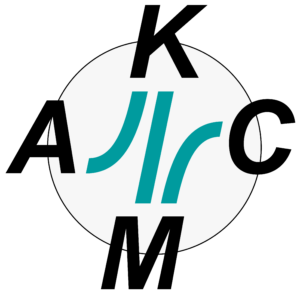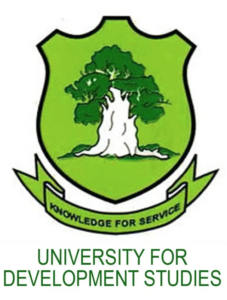The central question
How can we put to use today’s advanced digital technologies to the benefit of creating sustainable food systems in the world, while recognizing and properly employing the indigenous agroecological knowledge already existing in so many rural communities?
Everywhere in the world, people are talking about the Digital Transformation. Artificial Intelligence (AI), once a rather obscure and contested area in mainstream Computer Science, has now even become a coffee-table conversation topic. Many countries and blocks (incl. EU) have now policies and programs in place to educate and enhance digital skills, and they aim (all, without exception!) to be internationally leading. How this is connected to progress in achieving the United Nations’ Sustainable Development Goals (SDGs) is however unclear.
In this session we try to get feet more on the ground, investigating how advanced ICT technologies such as AI can be helpful in achieving real-world sustainable results — especially related to sustainable food systems in the world. We show results from many (student) projects that already have societal impacts in different parts of the Global South. And we outline policies and principles (such as the “Plug-In Principle”) how to achieve local community-supported progress with the Sustainable Development Goals and ICT.
Relevance – Thematic positioning:
This session is a cross-over between Connected World, in particular the Digital Divide and Global South development with advanced ICT technologies and sustainable food systems in Africa and the associated betterment of rural livelihoods employing and respecting agro-ecological indigenous knowledge.
Duration: 1.5 hours



